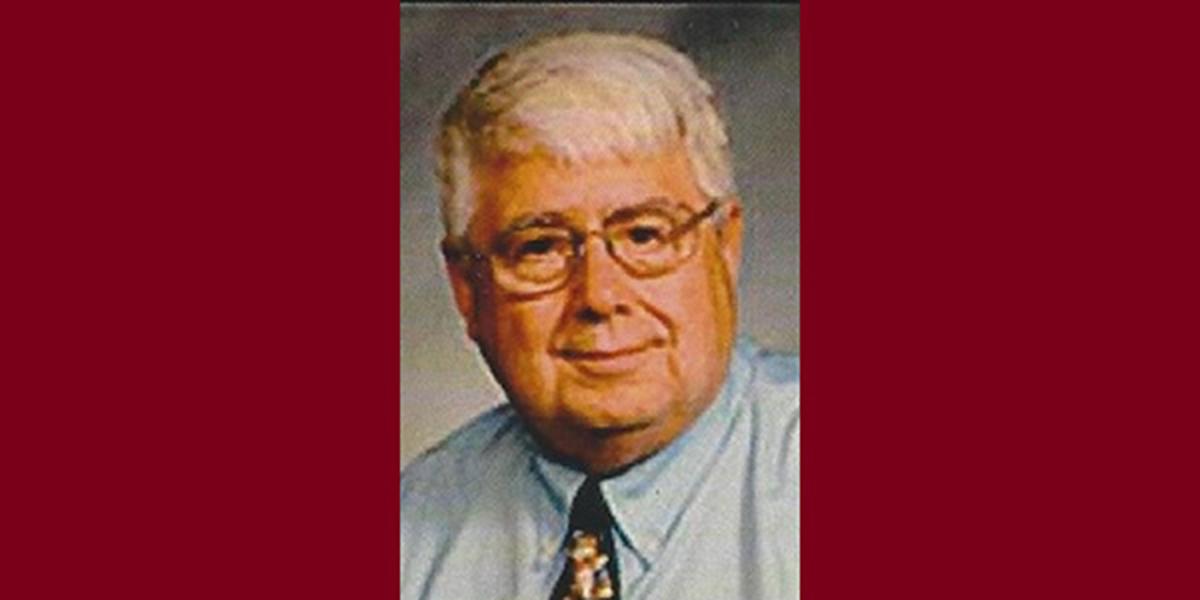Living to serve
Alumnus Jeff Gaver encourages medical providers to help their community beyond exam room walls

Alumnus Jeff Gaver encourages medical providers to help their community beyond exam room walls
In his younger years, Jeff Gaver, ’70 DVM, MD, never thought about being anything other than a veterinarian. A love of animals and fond memories of spending summers on a ranch in Montana propelled Gaver to pursue his veterinary education at the University of Minnesota and later open Summit Animal Clinic in Oconomowoc, Wis.
While he treated patients inside his practice, Gaver made an impact outside the walls of his exam room by joining local service organizations and youth mentorship programs such Rotary Club, YMCA, Boy Scouts, and the Jaycees. For him, it was all part of being a veterinarian.
Veterinarians are much more than animal caregivers—though they certainly are good at that. They’re really active members of the community.
Jeff Gaver
“Veterinarians are much more than animal caregivers—though they certainly are good at that,” Gaver says. “They’re really active members of the community. I always had kids in my veterinary practice, and I tried to show them through mentoring that veterinary medicine is also being involved in your community. Helping out with the local food pantry, doing vaccination clinics for animals, things like that.”
Then in 1979, Gaver found himself being recruited by a fellow Rotary Club member for a humanitarian trip to Haiti to help diagnose and treat parasites affecting Haitian children. The trip became the first of many for Gaver, who found himself looking for more and more opportunities to help the people of Haiti. He and other volunteers worked to create a free clinic and health programs, including establishing the Ventures for People Foundation, which serves the Haitian people to this day.
Gaver’s work in Haiti eventually inspired him to make a big career change. He set out to become a human medicine doctor and graduated from the University of Wisconsin-Madison School of Medicine and Public Health in 1987.
“After I went to medical school, I thought I was probably going to turn around, go back, and be a missionary in Haiti,” Gaver says. “And so I asked several people, you know, what do you think I should do to prepare myself for this Haiti thing, and they said I should become an emergency physician first. So I did.”
Emergency and internal medicine has defined Gaver’s medical career ever since, opening up doors to opportunities he never expected. He’s worked in emergency rooms, headed medical programs at hospitals and clinics, taught students in classrooms, treated emergency patients aboard helicopters, and manned the sidelines of racetracks as a member of a medical team.
These things just come up and when you get a chance, you should take a moment to look around you and ask yourself, ‘Am I doing what I should be doing now?’ because I think you can contribute in a lot of different ways.
Jeff Gaver
Through it all, Gaver still made time for Haiti and other service efforts in each of the communities he called home. But neither his medical career nor his path of service would be possible without seizing unexpected opportunities.
“These things just come up and when you get a chance, you should take a moment to look around you and ask yourself, ‘Am I doing what I should be doing now?’ because I think you can contribute in a lot of different ways,” Gaver says.
In his retirement, Gaver has yet to slow down. At the age of 74, he recently accepted a position as an assistant professor for the University of Arizona College of Medicine. He also works as a consultant on commercial aviation medical emergency management and spends his summers as a track physician for the Road America racetrack near Elkhart Lake, Wis.
While no longer a practicing veterinarian, he still keeps up with his UMN College of Veterinary Medicine classmates. As Gaver reflects on all that has occurred in the years that have passed since graduating, he can’t help but be proud of the impact his class has had on the world and the communities it holds.
“Almost everyone has become active in their community and has become much more than just a veterinarian, although that's I think that’s a wonderful thing to be,” Gaver says. “They have really done a lot for their community. You do the best you can for animals, but you should also do something for your community, too.